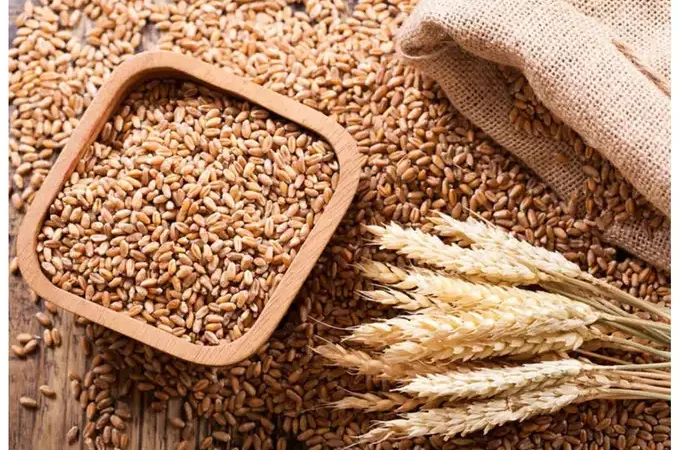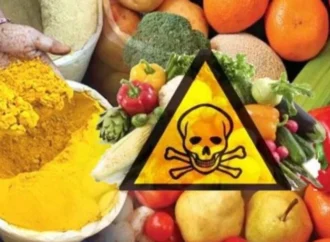Authors: Sunitha Poulose, Kochurani Abraham, & Linda Joise George
Introduction
Food sellers and suppliers often adulterate essential staples like rice, wheat, and pulses to meet rising demand and outpace competition. They mix in crushed stones, sand, or plastic beads to increase weight or volume. Some even spray water to make grains heavier. These harmful practices introduce physical contaminants that are hard to detect visually but can seriously affect health when consumed regularly.
Observation
Multiple trials and sample analyses have revealed that food grains sold in local markets often contain physical adulterants. Sellers frequently mix plastic granules, designed to mimic the colour and size of pulses, to deceive consumers. They also add stones and other heavy particles to rice or wheat to artificially increase weight.
Some sellers deliberately add moisture to grains to raise their weight. This excess moisture promotes fungal growth, which leads to the formation of moulds that produce harmful mycotoxins. These toxins pose serious health risks to consumers. Moisture also shortens shelf life, lowers quality, and compromises the safety of the grains. By selling such adulterated products, sellers not only engage in unfair trade practices but also cause financial losses to buyers and endanger public health.
Result
The presence of inedible and non-food-grade materials in grains raises significant health concerns. Consumption of such adulterated food can cause digestive problems, intestinal damage, and potential long-term toxicity, especially when plastic particles are involved.
Concluding Statement
The adulteration of food grains is not just a hidden threat to public health but also a significant economic concern. As highlighted throughout this study, practices like adding stones, plastic, or moisture compromise both the safety and quality of essential staples. These actions not only endanger consumers through potential exposure to harmful contaminants and mycotoxins but also lead to unfair financial losses due to reduced shelf life, increased spoilage, and deceptive weight-based pricing. The findings strongly underline the need for robust surveillance systems, stricter enforcement of food safety standards, and better consumer education. Protecting the integrity of food grains is essential—not just for safeguarding health, but also for ensuring fair trade and restoring consumer trust. Addressing these safety and financial risks is key to building a more secure and transparent food system.
 Food Manifest
Food Manifest 


















